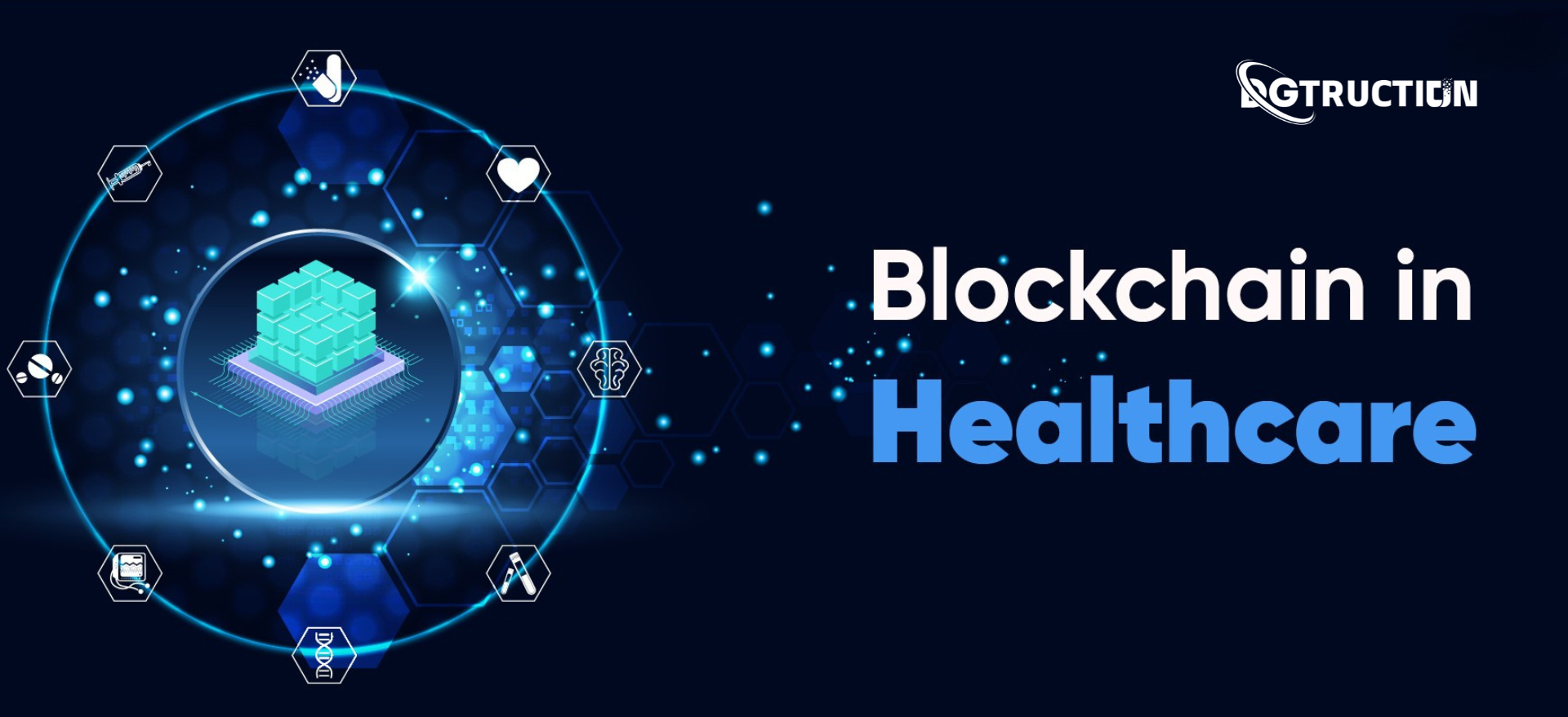How Blockchain is Revolutionizing Healthcare Data
 Jaimish Jasani
Jaimish Jasani
Revolutionizing Healthcare Data : From transforming video storage to reimagining construction, blockchain is proving its versatility across industries. But perhaps its most life-changing application lies in healthcare—a sector drowning in data silos, breaches, and inefficiencies. At Digitruction, we’re exploring how decentralized tech can cure systemic flaws. Let’s unpack how blockchain is securing patient records, accelerating drug discovery, and putting power back in the hands of individuals.
Why Healthcare Data Needs Digitruction's Blockchain Solution
The global healthcare market is worth over $12 trillion, yet it struggles with:
🔒 Data Breaches: 95% of identity theft comes from stolen medical records (HIPAA Journal).
📁 Fragmented Records: Patients bounce between providers with no unified history.
💊 Counterfeit Drugs: 10% of global pharmaceuticals are fake (WHO).
⏳ Slow Research: Clinical trials take years due to poor data sharing.
Blockchain’s tamper-proof ledger, encryption, and interoperability offer a prescription for these issues.
5 Ways Blockchain is Disrupting Healthcare Data
Patient-Centered Medical Records
Securely store EHRs (Electronic Health Records) on-chain, accessible via private keys.
Patients control who views their data (e.g., specialists, insurers).
Example: Estonia’s blockchain-based health system secures 1M+ patient records.
Drug Traceability
Track pharmaceuticals from factory to pharmacy, ensuring authenticity.
Smart contracts flag expired batches or counterfeit products in real-time.
Streamlined Clinical Trials
Share anonymized patient data across institutions securely.
Automate consent forms and payments to participants via smart contracts.
Telemedicine Security
Encrypt and timestamp virtual consultations to prevent fraud.
Integrate IoT devices (e.g., glucose monitors) with blockchain for tamper-proof data.
Tokenized Research Funding
Crowdfund medical studies through token sales, democratizing investment in cures.
NFTs represent ownership in breakthroughs (e.g., gene therapies).
Real-World Healthchains in Action
MedRec: MIT’s blockchain system manages authentication, confidentiality, and data sharing.
Chronicled: Tracks COVID-19 test kits and vaccines across supply chains.
Hashed Health: Develops blockchain solutions for provider networks and pharma giants.
The Digitruction Lens: Building Health-Tech Bridges
While Digitruction’s roots are in construction, we see parallels in how blockchain can build trust across industries. Imagine:
Smart hospitals where IoT sensors update maintenance needs on-chain.
AI-driven diagnostics powered by decentralized, privacy-compliant data lakes.
Global health passports with vaccination records stored as NFTs.
Challenges to Diagnose
Regulatory Hurdles: HIPAA (US) and GDPR (EU) require careful compliance.
Interoperability: Legacy systems must integrate with blockchain frameworks like Hyperledger.
Cultural Resistance: Providers fear disruption to workflows.
But the prognosis? A $5.6 billion blockchain healthcare market by 2025 (Market Research Future).
The Future of Healthcare Data is Decentralized
Blockchain isn’t just about data—it’s about restoring agency. Patients become custodians of their health, researchers collaborate globally, and fraudsters are locked out.
Join the Discussion:
Would you trust a blockchain-based health record over traditional systems?
How could blockchain curb costs in your organization?
Let’s innovate for a healthier tomorrow. 💊🔗
🔗 Follow Digitruction for more cross-industry tech insights.
Also Read :Revolutionizing Video Display: Blockchain as a Superior Alternative to BLOB Storage
#Blockchain #HealthcareInnovation #HealthTech #DataSecurity #Digitruction
Subscribe to my newsletter
Read articles from Jaimish Jasani directly inside your inbox. Subscribe to the newsletter, and don't miss out.
Written by
